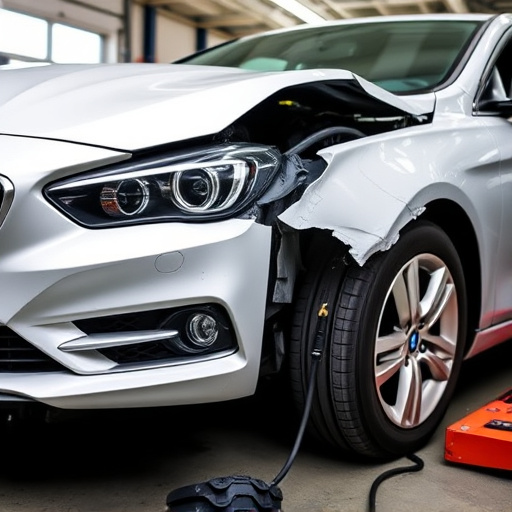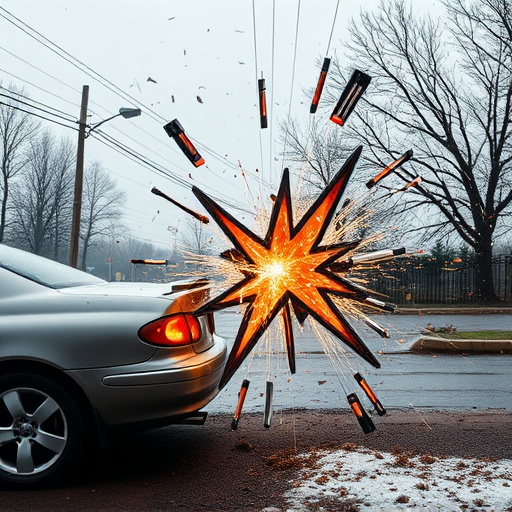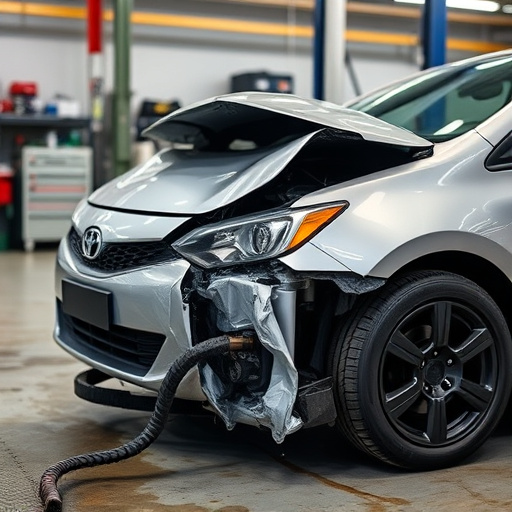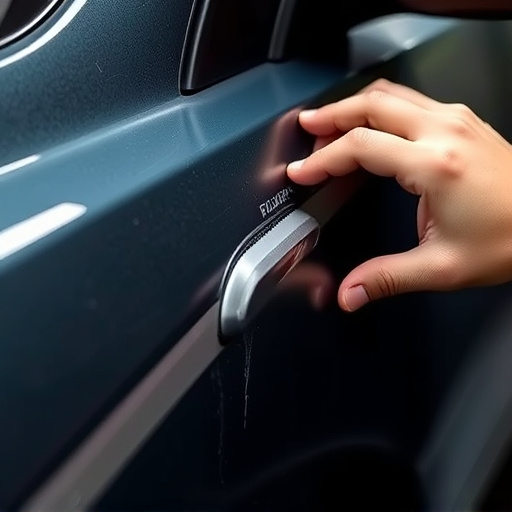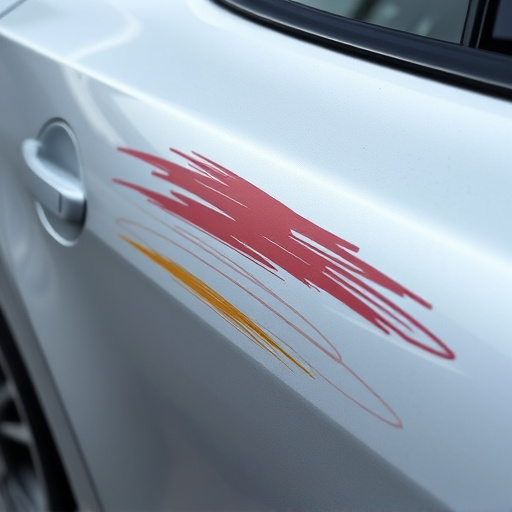Rigorous quality control inspections are key to top-tier auto collision centers, ensuring every vehicle meets high standards from technician expertise to materials used. These inspections foster customer trust and loyalty by demonstrating meticulous standards in car paint services, frame straightening, and auto repair, encouraging repeat business and referrals in a competitive market.
In today’s competitive market, a shop’s reputation hinges on rigorous quality control (QC) inspection practices. Uncovering hidden gems within manufacturing processes is crucial for fostering customer trust and ensuring product excellence. This article delves into the intricacies of QC inspections, exploring their profound impact on business success. We examine best practices that set apart top-tier shops, guaranteeing every product meets stringent standards. By understanding these strategies, businesses can enhance their reputation and stand out in a crowded market.
- Uncovering Shop Quality: A Deep Dive into Control Inspections
- The Impact of Rigorous Practices on Customer Trust
- Best Practices: Ensuring Every Product Meets Standards
Uncovering Shop Quality: A Deep Dive into Control Inspections
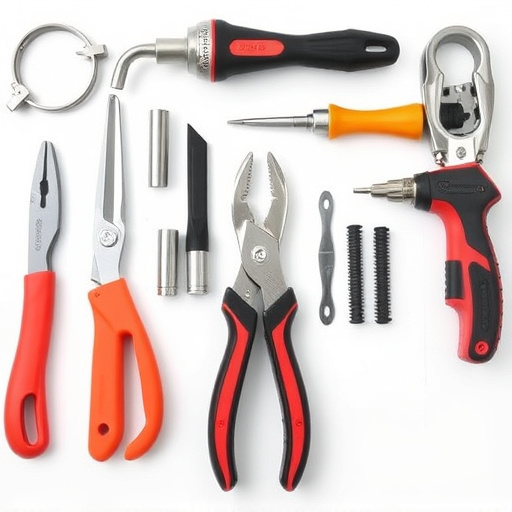
Uncovering the true quality of a shop lies in its rigorous quality control inspections—a process that goes beyond surface-level checks. These inspections delve deep into every aspect of the auto repair and car body repair processes, ensuring precision and excellence. From examining the expertise of technicians to scrutinizing the materials used in car body repair, each step is meticulously evaluated.
By implementing frequent and detailed quality control measures, top-tier auto collision centers maintain consistent results. This ensures that every vehicle leaving their facilities meets the highest standards, instilling customer confidence. The benefits extend beyond satisfaction; it also promotes safety and long-lasting repairs, solidifying the shop’s reputation as a reliable and trustworthy auto repair hub.
The Impact of Rigorous Practices on Customer Trust
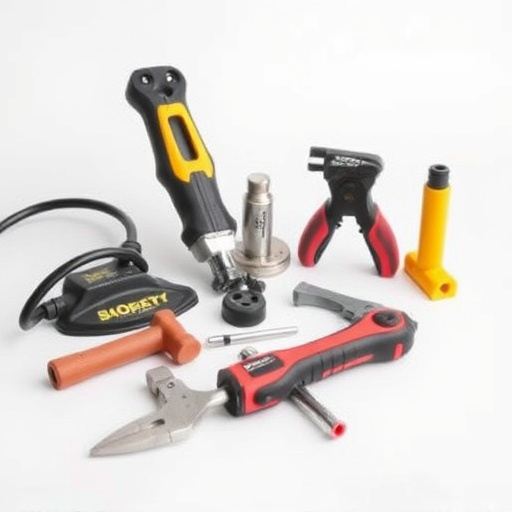
In today’s competitive market, customers are increasingly discerning about where they spend their money. Rigorous quality control inspection practices play a pivotal role in fostering customer trust and loyalty. When businesses consistently employ meticulous standards during every stage of production or service delivery, it sends a powerful signal to clients that only the highest caliber is accepted. This transparency builds confidence, assuring buyers that their investment is safe and that they’ll receive exceptional value for their money.
For instance, in car paint services, frame straightening, and auto repair near me, rigorous quality control can make all the difference between a job well done and one that falls short of expectations. Customers seeking these services want assurances that their vehicles will be restored to pre-accident condition or enhanced with meticulous detailing. Consistent adherence to stringent inspection protocols demonstrates expertise and a commitment to customer satisfaction, encouraging repeat business and referrals.
Best Practices: Ensuring Every Product Meets Standards

At the heart of any reputable shop’s success is its adherence to best practices in quality control inspection. This involves rigorous and systematic checks at every stage of the product lifecycle, ensuring that every item leaving the premises meets pre-set standards. The process begins with raw materials, where inspectors verify quality and compliance before they are used in production. This meticulous attention to detail extends to the assembly line, where each component is scrutinized for accuracy and fit.
In the context of an auto repair shop or car collision repair center, this could mean comprehensive checks on vehicle bodywork, from weld integrity to paint job consistency. By implementing such robust quality control inspection practices, shops not only maintain their reputation but also guarantee customer satisfaction. This level of precision is what fosters trust and encourages repeat business in a competitive market, making it an indispensable strategy for any successful operation.
In conclusion, rigorous quality control inspections are not just practices but a cornerstone for any shop aiming to build and maintain a strong reputation. By meticulously scrutinizing every product, shops foster customer trust, ensuring that each item meets set standards. Adopting best practices in quality control inspection is essential for creating a seamless shopping experience and solidifying long-term brand loyalty.
